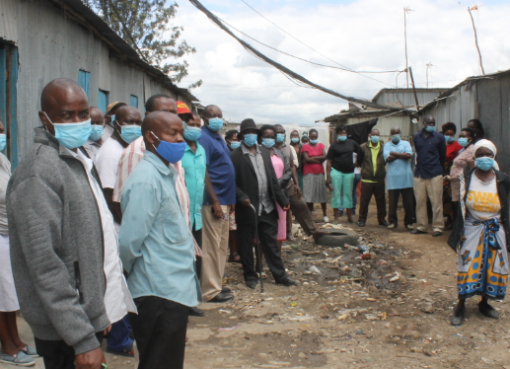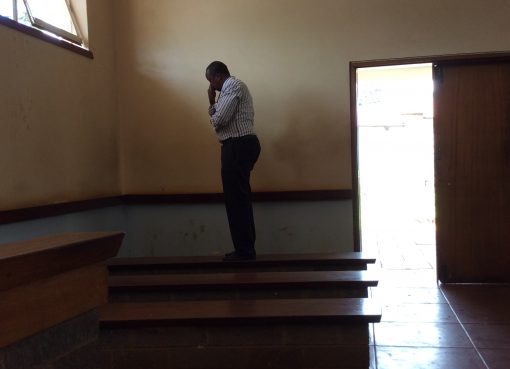The Ministry of Health (MoH) has developed several policy documents and strategies to provide a framework for the implementation of sanitation and hygiene interventions as a means to reduce diseases and poverty.
Health Cabinet Secretary (CS) Mutahi Kagwe said that global access to safe water, adequate sanitation, and intensified hygiene education can reduce illness and death from disease, leading to improved health, poverty reduction, and socio-economic development.
In a speech read on his behalf by Health CAS Dr. Mercy Mwangangi at a Nairobi hotel on Tuesday during the launch of the Menstrual Hygiene management documents and urban sanitation guidelines, Kagwe said that although Covid-19 has tested our healthcare practices, we have witnessed a reduction in diseases following an increase in good sanitation practice around the country through proper hand washing and sanitizing.
“As I have said before, this is good practice that we must continue into the future as a valuable take away from our fight against Covid-19,” said Kagwe.
The CS said that while we celebrate the value of sanitation and hygiene globally, sadly, Kenya is one of the 26 countries in the world responsible for 90 per cent of open defecation according to a 2017 UNICEF report.
“To accelerate service delivery, the sector works through seven thematic technical working groups namely promotion of sanitation focused on rural sanitation, Hygiene Promotion including Menstrual Hygiene Management, Urban sanitation – focusing on informal settlements (Slums), where there is no sewage connection and Household water treatment and safe storage (HWTS), where there is no treated piped water,
Others are WASH in Schools (WiNS), Policy, Advocacy and Research and Health Care Waste Management,” he explained.
The CS said that these policy documents provide robust details that will not only enable all Kenyans to enjoy their right to the highest attainable standards of sanitation but also to a clean and healthy environment as guaranteed by the Constitution of Kenya 2010 and the Vision 2030.
“The Ministry now wishes to launch three additional documents for implementation in the Country to build on the capacity of the County Governments and Stakeholders. These documents include; Hygiene Promotion in Schools (A handbook for teachers), Menstrual Hygiene Management in Schools, (A handbook for teachers), which will reinforce learning and also act as a reference guide for teachers and the Kenya National Guidelines for Implementation of Urban Sanitation which seeks to provide information and direction on the Safe Disposal of Faecal Sludge in Urban areas and sanitation planning under Urban Development,” said Kagwe.
He highlighted that these guidelines will ensure that development plans for urban areas have in-built sanitation components and the sanitation systems are designed and managed safely to protect human health from microbial hazards caused by human excreta, and consequent adverse health outcomes such as infectious disease, nutritional status and educational outcomes.
“The Ministry is cognizant of the important role played by development partners, especially UNICEF, WHO, World Bank, USAID and many other NGOs in supporting the WASH sector. There is a need to increase public and private sector investment through public-private partnerships, and mobilize all available resources in pursuit of our collective national vision of transforming Kenya into “a newly-industrialized, middle-income country that provides a high quality of life to all its citizens in a clean and secure environment,” said Kagwe.
“But even as we appreciate the support we receive from our partners; we must all take note that it is our own efforts that will make WASH initiatives sustainable. I therefore take this opportunity to request all our distinguished County Executive Committee Members for Health to ensure WASH activities are embedded into the respective County Integrated Development Plans (CIDP) and also domesticate the national documents to their context and implementation,” said the CS.
By Joseph Ng’ang’a





